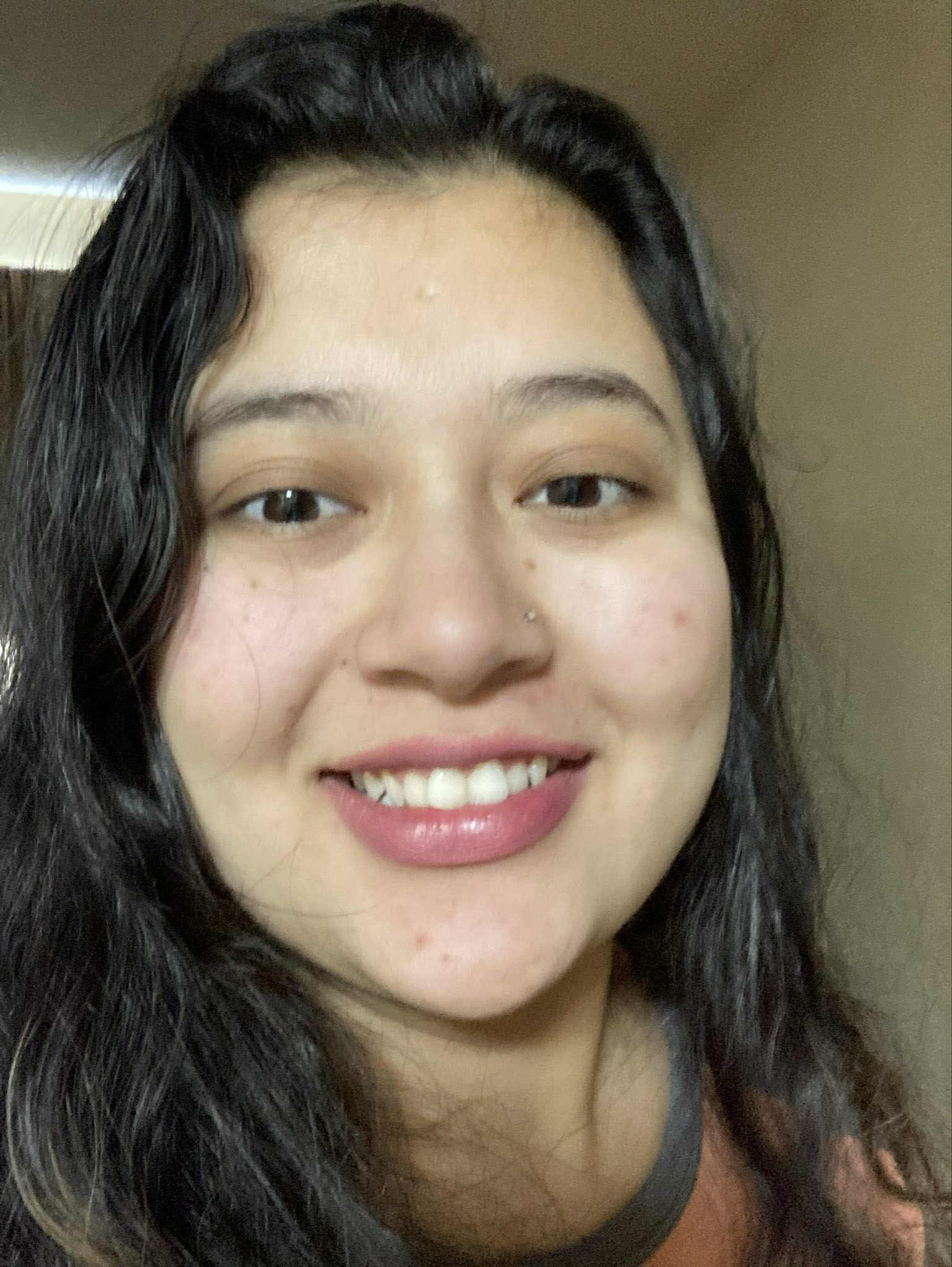Without Home
By Meenakshi Niroula (Youth Coordinator, GCRPPB), Cincinnati, Ohio, USA

I was born in exile from a country known around the world for its Gross National Happiness. A country that looks like heaven relocated on Earth — yet somehow became a living hell for many of its citizens. Or should I say, “non-citizens”.
Bhutan — the so-called land of happiness — was the root of countless miseries endured by my people in refugee camps. The population of Bhutan was once roughly split between the Lhotshampa (ethnic Nepali) and the Drukpa (ethnic Bhutanese) communities. But with the global wave of democratization rising, Bhutan faced the possibility of embracing democracy too. And with the growing Lhotshampa population, equal participation in governance was becoming a likely outcome.
To prevent that, King Jigme Singye Wangchuck decided to “fix” the population issue through ethnic cleansing.
The strategy was simple: conduct an arbitrary census that reclassified legal citizens as non-citizens. In some families, siblings with the same parents were split — one labeled a citizen, the other not. This forced entire families to leave. Who would choose to stay in Bhutan while their children or parents were exiled?
If that wasn’t enough, other strategies followed: banning the Nepali language to enforce Dzongkha, banning traditional Nepali attire, and erasing Lhotshampa cultural identity. When people protested to preserve their language and heritage, Bhutan found its excuse — calling them “anti-national elements.” Protestors were now labeled terrorists for speaking against the King.
Overnight, families fled Bhutan. The King would appear during the day, pleading with them to stay — and the army would arrive at night to force them out. It didn’t matter if you were a child, a baby, or an elder in your 80s — everyone was driven across the border into India. Although India was a democracy and had a Hindu majority, it didn’t want to upset Bhutan, the buffer between India and China. So, we were discarded — like garbage — and dumped into Nepal, which graciously took us in and gave us shelter.
Later, the United States and seven other western countries opened its doors — offering not just shelter, but also dignity and opportunity. It became a second home for many of us, a place where we could rebuild our lives and dream again. For that, we will always be grateful.
I’ve heard countless stories of parents losing their children in the Mai River. The harsh conditions, the trauma of exile, and the unfamiliar climate claimed many lives. Eventually, the United Nations High Commissioner for Refugees (UNHCR) stepped in, offering some hope. We were placed in refugee camps — fragile bamboo and mud houses with thatched roofs that barely held against the weather. Food and clean water were scarce.
What did the refugees have?
Hope.
Hope of returning home, even if that dream was never realized.
We couldn’t legally work or earn income in Nepal without citizenship. We carried memories of our real homes in Bhutan — fertile lands, clean rivers, self-sustaining communities. Even when family members from Bhutan visited, they left in fear of facing the same fate. This fear silenced the remaining Lhotshampa population in Bhutan. It was a quiet but powerful threat: if you speak up, your future lies in a refuge camp.
Still, even in the camps, people missed Bhutan — the very place that betrayed them. As a child, I found it strange to see my family nostalgic for a country that had exiled them. Even now, it’s painful to see my parents and grandparents long for their lives in Bhutan.
My question is: Why?
Why miss a land that burned down your home and told you never to return?
Why hold on to that pain?
The answer is painfully simple:
Bhutan is their motherland. And a mother — no matter how hurtful — is still a mother.
You can replace a TV if it breaks. You can walk away from a friend who betrays you. But if the harm comes from your own mother, what do you do? You don’t replace her. You just live with the wound. When you lose your mother, you become an orphan. When you lose your motherland, you become a refugee. You’re left to fight the world alone.
Even now, elders who lived in Bhutan hesitate to speak ill of it. Despite everything, they hold on to their respect. To them, Bhutan is still their mother.
But what about Bhutan?
Bhutan still labels them terrorists — simply for asking to preserve their language and identity.
There’s a saying: “Janani Janmabhoomi Swargadapi Gariyasi.”
It means: “Mother and motherland are greater than heaven.”
It’s a beautiful sentiment — until your mother or your motherland becomes your enemy.
Even with all their struggles, the refugee camps gave us something our homeland did not — a place to exist without fear.
A long story summarized in short but so powerful. Well worth reading all accounts narrated herein regarding our history must be passed on to our children and grandchildren.
Great way to present our pain. You have understood the pain of loosing homeland through your parents.
One little suggestion to the writer, using Bhutan government in place of just Bhutan to represent evil “Bhutan still lables them terrorists” would have better meaning in my views.
Anyways thanks for presenting our pain with your pen.
It’s a very good literature to commemorate after all.
I would appreciate to update.
Thank you.
I have till date haven’t read an article using perfect language and to precise with content. Simple but you can visualise the environment. I am also the living witness of the situation and you know the situation of Lhotshampas staying behind.
Thanks for the article Ms. Meenakshi Niroula bhaini.